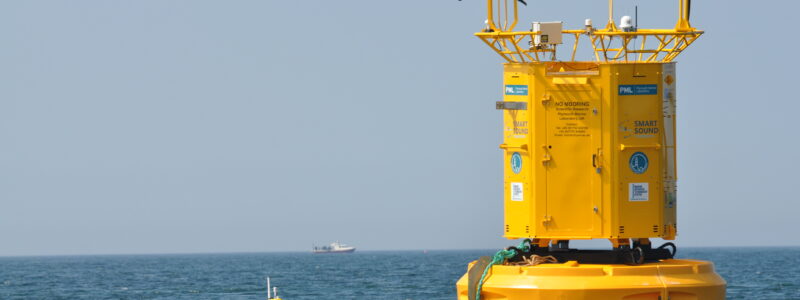Plymouth and South Devon Freeport: Enabling innovation in maritime testing

Opportunity
Innovative maritime businesses were facing numerous challenges in testing their autonomous vessels in UK waters. They found it difficult to provide the data required by the regulator, the Maritime and Coastguard Agency (MCA), to prove the safety of their vessels. This meant that these businesses were unable to test their products in the UK, which was both expensive and time-consuming.
Solution
To address these barriers, the Plymouth and South Devon Freeport, as part of the Freeport Regulation Engagement Network (FREN), supported a pilot project. The project aimed to identify the challenges faced by these businesses and to explore potential options to make the testing of Marine Autonomous Vessels in the UK waters easier and more accessible.
During the pilot project, the Freeport and the MCA engaged in direct discussions with stakeholders to gain insights and perspectives from across their network. They considered the challenges and areas of opportunity identified by the innovative maritime businesses. Finally, the Plymouth and South Devon Freeport and the MCA supported Plymouth City Council, the University of Plymouth, the University of Exeter, and Plymouth Marine Laboratory in their application to the Regulators’ Pioneer Fund (RPF).
The partnership with support from Plymouth City Council as Accountable Body was successful in securing a grant of nearly £850,000 from the RPF. This grant now enables the regulators, the Freeport, and partners to implement some of the solutions identified within the pilot project. The Centre for Future Clean Mobility at the University of Exeter is also driving innovation in regulatory support towards net-zero by 2050 and in clean maritime propulsion. As a partner of the wider project, it will focus on regulatory approaches to clean propulsions.
Impact
Thanks to the efforts of the Plymouth and South Devon Freeport and the MCA, the innovative maritime businesses can now test their products in the UK waters by using Smart Sound Plymouth as a testing ground. This would save them both time and money. The success of this project is a great example of how collaboration between various stakeholders can lead to innovative solutions that benefit everyone involved.
The partnership’s success has paved the way for the development of regulatory frameworks that support maritime innovation, which is vital for the growth of the UK’s maritime industry. By enabling direct and early engagement to discuss challenges and areas of opportunity, the Freeport and the MCA have shown their commitment to supporting innovation in this sector.